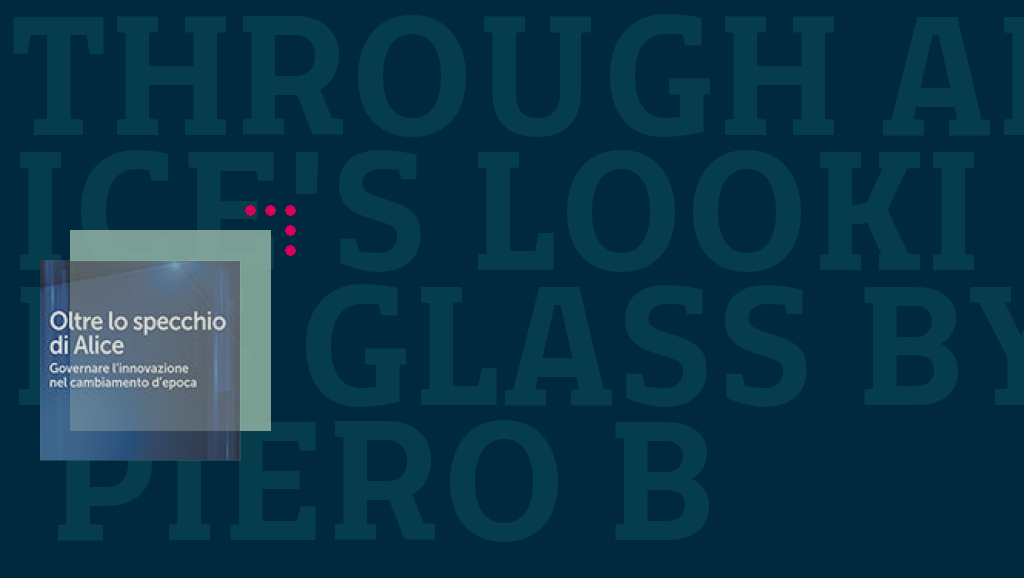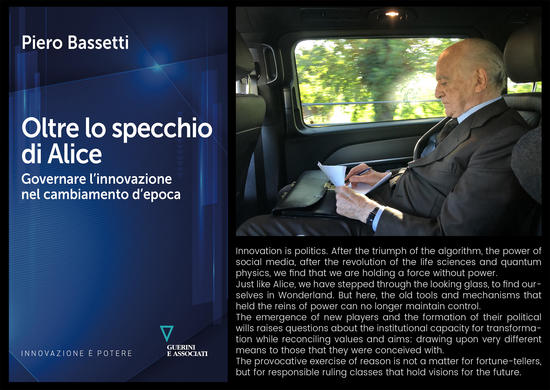Innovation is politics, as a force it drives our destinies. But even after the triumph of the algorithm, the power of social media, after the revolution of the life sciences and quantum physics, we find that we are holding a force without power.
We used to say that things that didn’t work had no value. And yet the inane value of what we find ‘powerfully’ continues to feed nihilism. Just like Alice, we have stepped through the looking glass, to find ourselves in Wonderland. But here, the old tools and mechanisms that held the reins of power can no longer maintain control.
We cannot avoid the question of who should be entrusted with the role of replacing them. In a world that has been transformed by innovation and glocalism, the emergence of new players and the formation of their political wills raises questions about the institutional capacity for transformation while reconciling values and aims: drawing upon very different means to those that they were conceived with.
The provocative exercise of reason is not a matter for fortune-tellers, but for responsible ruling classes that hold visions for the future.
This publication is the first in the “Innovazione è potere” (Innovation is Power) series, directed by Francesco Samorè for the Bassetti Foundation.
In the Twentieth century, humanity took on the risk and responsibility of its most disruptive innovation to date: the atomic bomb. Moving into the Twenty-first century, and having attributed an almost ‘saviour-like’ function to innovation, we feel even more detached from values: bulimic in means and atrophic in ends.
After the digital revolution, after having sequenced and edited DNA, after having entrusted portions of our lives and choices to algorithms, we find that we hold in our hands a force that is orphaned from power.
Similarly, we were accustomed to viewing power as tied to control of the territory; however, in a glocal world in which almost everything has the privilege of mobility, the disruption of fundamental design approaches forces us to visualize a new epoch.
But as the old order fades, can it not be equally true today that the most interesting things are carried out in the realm of ‘non-knowledge’?
The Series aims to highlight action within reality. It analyzes the nature of the relationship between knowledge and power, investigates new institutions and anticipates imagined communities. Its aim is to allow the rethinking of dramatically changed categories: a proposal space, an evolutionary announcement.
——————

















